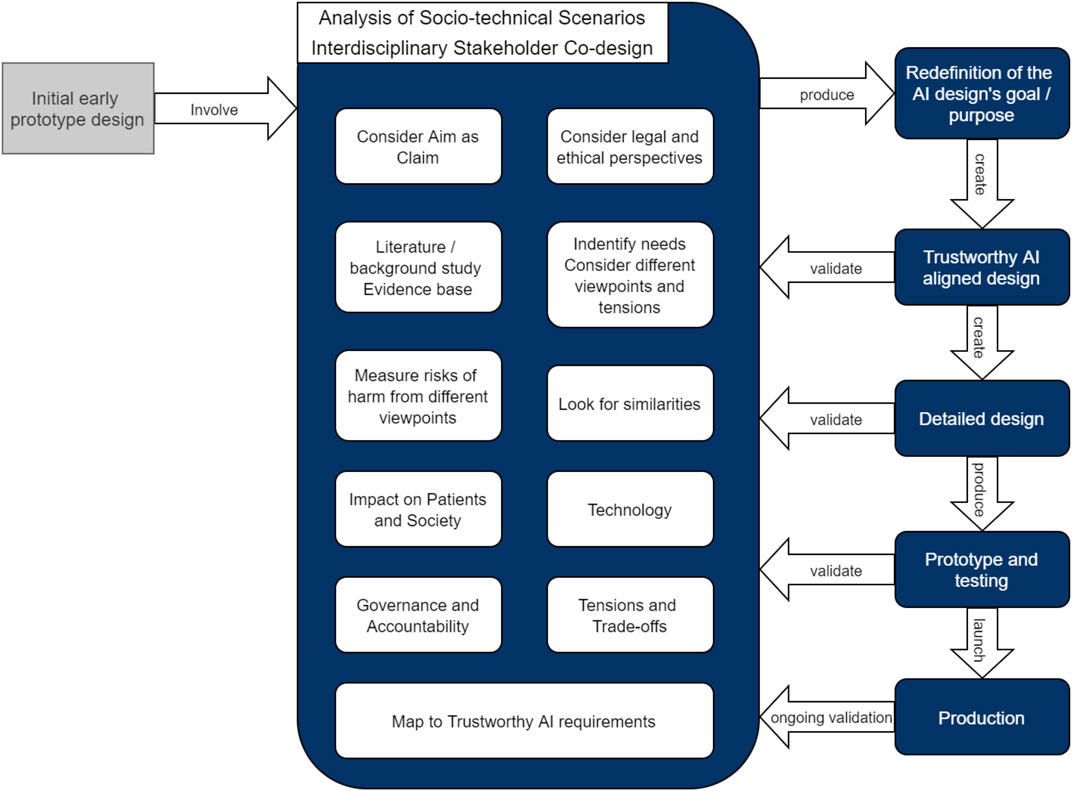Exploring Civil Law Liability Key Concepts and Applications
Exploring Civil Law Liability
Understanding Civil Law Liability
Civil law liability is a fundamental concept in legal systems around the world, encompassing the legal responsibility of individuals, businesses, and other entities for their actions or omissions that result in harm or injury to others. Understanding civil law liability is essential for navigating legal obligations and protecting one’s interests in various contexts.
The Basis of Legal Responsibility
At the heart of civil law liability lies the principle of accountability for one’s actions. When individuals or entities engage in conduct that breaches legal duties owed to others, they may be held liable for any resulting harm or damage. These legal duties can arise from statutes, regulations, contracts, or common law principles, and vary depending on the specific circumstances of each case.
Types of Civil Law Liability
Civil law liability can take various forms, including negligence, strict liability, and intentional torts. Negligence occurs when a party fails to exercise reasonable care, resulting in foreseeable harm to others. Strict liability imposes liability without regard to fault, typically in cases involving inherently dangerous activities or defective products. Intentional torts involve deliberate wrongdoing, such as assault, battery, or defamation.
Legal Standards of Care
In negligence cases, courts apply a standard of care to determine whether a party’s conduct was reasonable under the circumstances. This standard requires individuals to act as a prudent person would in similar situations, taking into account factors such as foreseeable risks, the magnitude of harm, and the feasibility of precautionary measures. Breaching the standard of care can give rise to civil liability.
Proving Legal Liability
To establish civil law liability, the plaintiff must prove certain elements, depending on the type of claim asserted. In negligence cases, for example, the plaintiff must demonstrate the existence of a duty owed by the defendant, breach of that duty, causation, and damages. Meeting these elements requires presenting evidence, such as witness testimony, expert opinions, and documentary proof, to support the legal claim.
Defenses to Civil Law Liability
Defendants in civil law cases may raise various defenses to challenge liability, such as contributory negligence, assumption of risk, or lack of causation. Contributory negligence occurs when the plaintiff’s own negligence contributes to their harm, reducing or eliminating the defendant’s liability. Assumption of risk occurs when the plaintiff voluntarily assumes the risk of injury associated with certain activities. Lack of causation defense argues that the defendant’s actions did not cause the plaintiff’s alleged harm.
Legal Remedies for Civil Law Liability
When liability is established, courts may award various remedies to compensate the injured party for their losses or injuries. These remedies can include monetary damages, injunctive relief, or specific performance. The goal of remedies is to restore the injured party to the position they were in before the harm occurred, to the extent possible, and to deter future wrongdoing.
Managing Legal Risks
In today’s complex legal landscape, individuals and businesses must be proactive in managing legal risks and minimizing exposure to civil law liability. This may involve implementing risk management strategies, such as maintaining adequate insurance coverage, adhering to regulatory requirements, and implementing internal policies and procedures to prevent accidents or injuries.
Seeking Legal Advice
Given the complexities of civil law liability, individuals facing legal claims or seeking to assert their rights should seek guidance from qualified legal professionals. Attorneys specializing in civil litigation can provide invaluable assistance in assessing legal claims, developing legal strategies, and advocating for their clients’ interests in court.
Conclusion
Civil law liability is a cornerstone of legal systems worldwide, governing the legal responsibility of individuals and entities for their actions. By understanding the principles of civil law liability, managing legal risks effectively, and seeking appropriate legal advice when needed, individuals and businesses can navigate legal challenges with confidence and protect their interests in various contexts. Read more about Civil law liability









